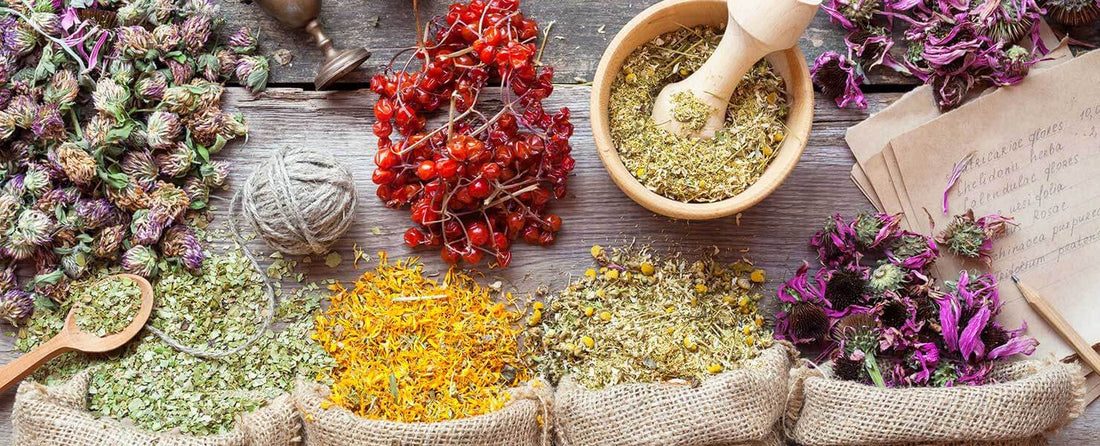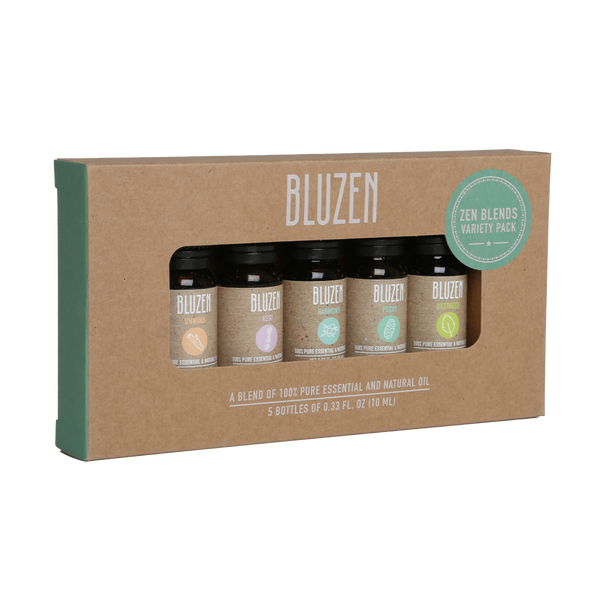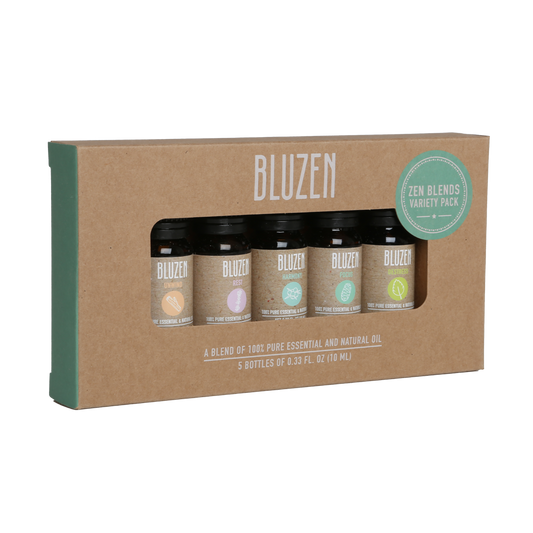
Aromatherapy Basics: An Introduction to Essential Oils for Beginners
Welcome to the world of Aromatherapy Basics, your gateway to understanding essential oils and their myriad applications, perfectly tailored for beginners. In this comprehensive guide, we'll delve into the fundamental concepts of aromatherapy, providing you with a solid foundation to kickstart your journey into this aromatic realm.
History and Origins
Aromatherapy, a practice dating back centuries, traces its origins to ancient civilizations such as India, Persia, and Egypt. These cultures harnessed the potent aromatic compounds found in plants to enhance well-being, both physically and spiritually.
What Are Essential Oils?
At the heart of aromatherapy are essential oils. These oils are meticulously extracted from different plant parts using methods like steam distillation and cold pressing. They are revered for capturing the unique fragrances and therapeutic properties of their botanical sources.
Quality and Safety
Intriguingly, despite its longstanding history, aromatherapy remains relatively unregulated in the United States. Therefore, it's crucial to rely on practitioners who have received training from NAHA-approved aromatherapy schools to ensure you receive guidance that is safe and effective.
Inhaling Essential Oils
For beginners, the methods of inhaling essential oils serve as a perfect starting point. These approaches offer simplicity and effectiveness:
- Diffuser: Utilize a diffuser to break down essential oils into smaller molecules, dispersing them into the surrounding air. Some models use water and heat for efficient evaporation.
- Aroma Stick: These portable inhalers contain an absorbent wick infused with essential oil, ensuring that you have your aromatherapy at your fingertips whenever you need it.
- Dry Evaporation: With this method, a few drops of essential oil are placed on materials like cotton balls or terra cotta, allowing the scent to gracefully permeate the surroundings.
- Steam Inhalation: A pot of water, a few drops of essential oil, and a towel can create an immersive steam inhalation experience. This method is especially effective for targeting the respiratory tract.
Applying Essential Oils to the Skin
Many beginners are drawn to applying essential oils topically. However, it's important to remember that these oils are highly concentrated and should be diluted with carrier oils like jojoba or almond to prevent skin irritation and allergic reactions.
Ingestion and Vaping: Proceed with Caution
Ingesting essential oils or vaping them should be approached with great caution, especially for beginners. These methods require advanced knowledge, precise formulations, and an understanding of safe practices. Incorrect ingestion can lead to irritation and even toxicity.
Health Benefits of Essential Oils
Essential oils offer an array of potential health benefits, making them an attractive option for beginners:
- Decrease Anxiety: Research suggests that specific essential oils, such as lavender, can significantly reduce anxiety levels when used properly, both inhaled and ingested.
- Promote and Aid Sleep: Essential oils, such as lavender, have shown promise in improving sleep quality and relaxation. While more research is needed, these oils offer beginners a natural approach to better sleep.
- Relieve Nausea: Oils like peppermint and ginger are ideal for soothing nausea. Peppermint oil relaxes gastrointestinal muscles, while ginger speeds up digestion, preventing discomfort.
Essential Oils Safety and Side Effects
Despite their natural origins, essential oils can be potent and may cause skin irritation, allergies, or photosensitivity. Beginners should exercise caution, especially if they have allergies or sensitive skin. Some oils are more likely to cause discomfort, and direct sunlight should be avoided after their application.
Who Might Want to Try (and Avoid) Essential Oils
Essential oils are a promising therapeutic modality for various health concerns, making them appealing to beginners. However, certain groups should proceed with caution:
- Pregnant Women: It's recommended to consult healthcare professionals before using essential oils, especially during the first trimester. In later stages, limited use of floral or citrus oils for aromatherapy is advisable.
- Allergies and Sensitive Skin: Those with allergies or sensitive skin should exercise caution when applying essential oils to the skin.
- Children and Medication: Essential oils are generally not recommended for infants and children under 5 years old. It's essential to be cautious when using essential oils if you have a chronic condition or are on medication, as interactions may occur.
Tips for Getting Started With Essential Oils
If you're new to aromatherapy, the following tips can help you begin your journey:
- Determine Your Purpose: Understand your wellness goals, whether it's stress relief, improved sleep, or nausea relief, as this will guide your choice of essential oils.
- Consult a Qualified Aromatherapist: For personalized guidance, consider consulting a professional aromatherapist.
- Safety First: Before using any essential oil, ensure there are no contraindications that might affect your health or medication.
- Choose High-Quality Oils: When shopping for essential oils, look for products that provide clear information, including the plant's Latin name, country of origin, and purity.
Aromatherapy offers a captivating blend of ancient wisdom and modern science, making it a promising path to holistic well-being. As you embark on your journey, remember to prioritize safety, choose high-quality oils, and enjoy the remarkable synergy of nature and science that aromatherapy offers. Welcome to the captivating realm of essential oils and the world of aromatherapy for beginners.


